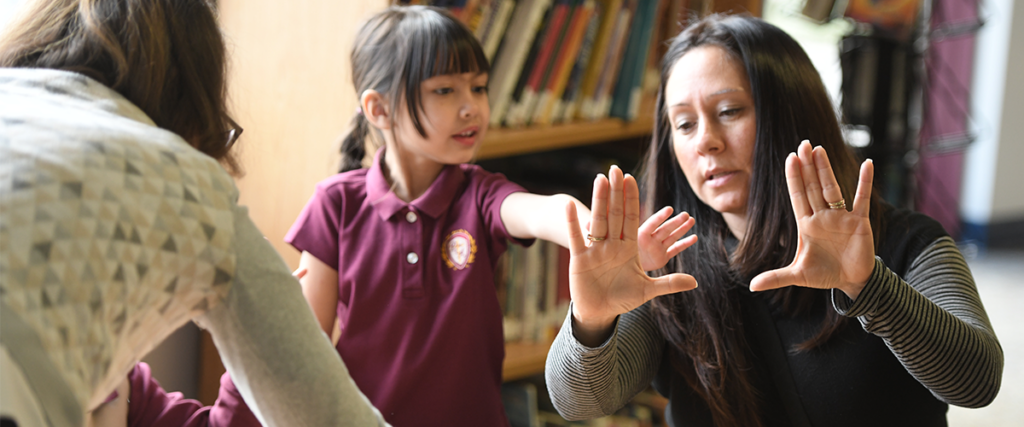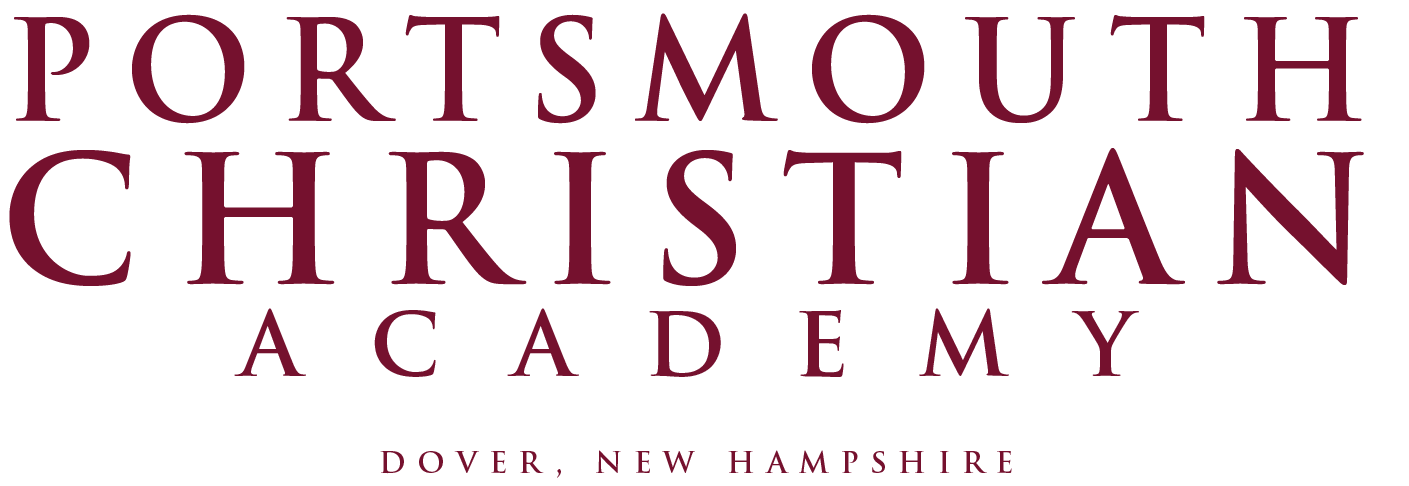Earning a diploma from Portsmouth Christian Academy demonstrates the attainment of outcomes that serve as a foundation for all of life. These student outcomes reflect the values and mission of Portsmouth Christian Academy. They are a measure of the efficacy of the Portsmouth Christian Academy experience. As such, they are only meaningful to the extent to which they are assessed, measured, used for strategic decision making, and communicated to our students and broader constituency groups.

Academic Preparedness
- Write cogently in a wide variety of media.
- Possess and use vocabulary appropriate for effective communication including persuasion in the public square.
- Speak clearly and coherently using effective presentation methods in both formal and informal settings.
- Attain moderate spoken and/or written fluency in a non-native language.
- Apply successfully at selective institutions of higher learning.
- Possess the demonstrable academic skills to succeed in college.
- Articulate the distinctions among competing worldviews and evaluate them in terms of a biblical perspective.
- Demonstrate the content mastery in each academic discipline necessary to permit higher order analysis and further learning at the baccalaureate level.
- Demonstrate computational accuracy in a variety of applications.
- Evaluate authority, veracity, and bias of information from varied sources.
- Demonstrate a working knowledge of computer functions, software applications, and problem solving in the context of holistic learning

Christian Character
- Exhibit biblical discernment and discretion in decision-making.
- Model godly behavior in his/her role as son/daughter, friend and, if applicable, sister/brother.
- Display biblical leadership concepts in church, civic, political or social organizations in the community.
- Demonstrate stewardship of the earth and its resources in reflection of the responsibility given by God to humans.
- Display essential values in life: integrity, work ethic, respect for authority, self control, maturity, care for the less fortunate, etc.
- Demonstrate an understanding of the body as “the temple of the Holy Spirit” through applying concepts of lifetime fitness, stress management skills, and healthy nutrition.

Critical & Creative Thinking
- Evaluate strengths, weakness, and fallacies of logic in arguments and information.
- Recognize his/her own learning style and make adjustments as necessary to improve one’s ability to receive, process and synthesize information.
- Compare, contrast, and/or apply biblical principles and concepts in a diversity of fields.
- Locate, evaluate and select appropriate evidence to support or discredit an argument or position.
- Construct a persuasive argument that is based on sound reasoning and evidence.
- Apply lessons from the past or learned knowledge and skills to new and varied situations.
- Apply the principles of scientific, quantitative and/or qualitative reasoning to solve problems.
- Devise and defend a logical hypothesis to explain observed phenomena.
- Demonstrate creative problem solving skills.
- Develop comparative and critical knowledge of works of art in various media, including connecting that knowledge to philosophy and history.
- Demonstrate skills in an artistic field (music, photography, painting, sculpture, graphic design, architecture, drama, etc.)

Social Interaction and Global Engagement:
- Demonstrate respect and appropriate social acumen both in face-to-face and written interactions and communications.
- Develop skills in leadership that are then applied in at least one institutional context.
- Work effectively as a leader and/or participant in group settings.
- Apply biblical principles for conflict resolution.
- Demonstrate knowledge of and appropriate respect for people, created in the image of God, who do not share the same race, gender, religion, socioeconomic background, age, moral values, linguistic background or physical abilities.
- Demonstrate knowledge of and appreciation for the impact of the Christian faith in history and culture.
- Demonstrate active listening skills and effective interpersonal communication.


